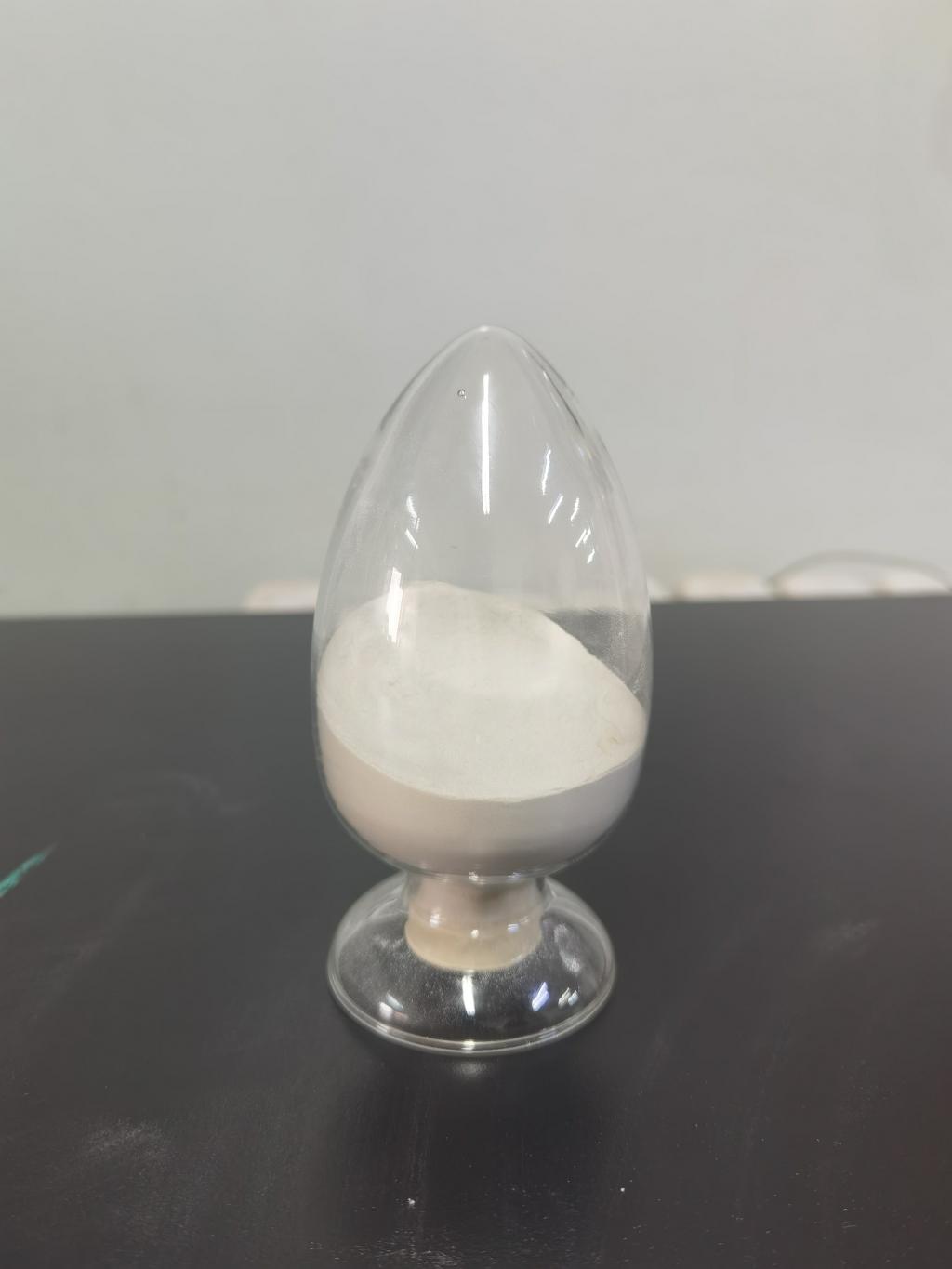Tel:+8618231198596

News
 CONTACT
CONTACT
 CONTACT
CONTACT
- Linkman:Linda Yao
- Tel: +8618231198596
- Email:linda.yao@dcpharma.cn
- Linkman:CHARLES.WANG
- Department:Overseas
- Tel: 0086 0311-85537378 0086 0311-85539701
News
Current Position:
Home >
News
>Nisin-containing products are used in the dairy industry to prevent spoilage.
Nisin-containing products are used in the dairy industry to prevent spoilage.
TIME:2024-07-02
Mechanism of Action
The antimicrobial action of nisin primarily involves disrupting the cell membrane of target bacteria. Nisin binds to lipid II, a vital component of the bacterial cell wall synthesis machinery. This binding inhibits cell wall synthesis and creates pores in the cell membrane, leading to leakage of essential cellular contents and ultimately cell death. Nisin is particularly effective against Gram-positive bacteria, including common dairy spoilage organisms like Lactobacillus, Leuconostoc, and Clostridium species. Its efficacy against a broad spectrum of Gram-positive pathogens, such as Listeria monocytogenes and Staphylococcus aureus, further underscores its utility in ensuring dairy product safety.
Applications in the Dairy Industry
Fluid Milk and Cream: Nisin is used to extend the shelf life of fluid milk and cream by inhibiting the growth of spoilage organisms. It is especially effective in pasteurized milk, where it helps prevent the outgrowth of heat-resistant spores.
Cheese Production: In cheese production, nisin serves multiple roles. It is added to processed cheeses to prevent spoilage and ensure safety. Nisin also finds application in the production of natural cheeses, where it can control the growth of undesirable bacteria without affecting the beneficial lactic acid bacteria involved in fermentation.
Yogurt and Fermented Dairy Products: Nisin helps maintain the microbial quality of yogurt and other fermented dairy products by inhibiting spoilage bacteria. It is particularly useful in preventing post-production contamination, which can occur during packaging and storage.
Dairy Desserts and Beverages: Nisin is incorporated into a variety of dairy-based desserts and beverages to enhance their shelf life and safety. Its use in these products ensures that they remain free from spoilage and pathogenic bacteria throughout their shelf life.
Benefits of Nisin in Dairy Products
Extended Shelf Life: One of the most significant benefits of nisin is its ability to extend the shelf life of dairy products. By inhibiting spoilage microorganisms, nisin helps maintain the quality and safety of dairy products over extended periods, reducing food waste and economic losses.
Enhanced Safety: Nisin's effectiveness against a range of pathogenic bacteria, including Listeria monocytogenes, enhances the safety of dairy products. This is particularly important given the severe health risks associated with foodborne illnesses caused by such pathogens.
Natural and Safe: As a naturally occurring antimicrobial peptide, nisin is perceived as a safer alternative to synthetic preservatives. Its approval by various regulatory bodies worldwide attests to its safety for human consumption.
Minimal Impact on Sensory Properties: Nisin does not significantly alter the taste, texture, or appearance of dairy products. This is a crucial advantage, as it allows manufacturers to enhance the safety and shelf life of their products without compromising their sensory attributes.
Synergistic Effects: Nisin can be used in combination with other preservation methods, such as pasteurization, refrigeration, and packaging technologies, to achieve synergistic effects. This combined approach enhances the overall effectiveness of preservation strategies.
Challenges and Considerations
While nisin offers numerous benefits, its use in the dairy industry is not without challenges. Some bacteria can develop resistance to nisin, although this is relatively rare and usually involves complex genetic changes. To mitigate this risk, it is essential to use nisin in conjunction with other preservation methods and rotate antimicrobial agents when possible.
Another consideration is the potential impact of nisin on beneficial microorganisms. In fermented dairy products, where specific bacterial cultures are essential for fermentation, careful dosing and application of nisin are necessary to avoid disrupting these beneficial bacteria.
Future Prospects
The future of nisin in the dairy industry looks promising, with ongoing research aimed at enhancing its efficacy and broadening its applications. Advances in biotechnology may lead to the development of nisin variants with improved antimicrobial properties and reduced potential for resistance development. Additionally, encapsulation and controlled-release technologies could be explored to optimize the delivery of nisin in dairy products, ensuring sustained antimicrobial activity throughout the product's shelf life.
Conclusion
Nisin plays a crucial role in the dairy industry by preventing spoilage and enhancing the safety of dairy products. Its natural origin, broad-spectrum antimicrobial activity, and safety profile make it an invaluable tool for dairy producers. While challenges such as resistance development and impact on beneficial microorganisms need to be addressed, the benefits of nisin far outweigh these concerns. As research continues to advance, the use of nisin and other natural antimicrobials is likely to become increasingly sophisticated, further improving the quality and safety of dairy products for consumers worldwide.
- Tel:+8618231198596
- Whatsapp:18231198596
- Chat With Skype







